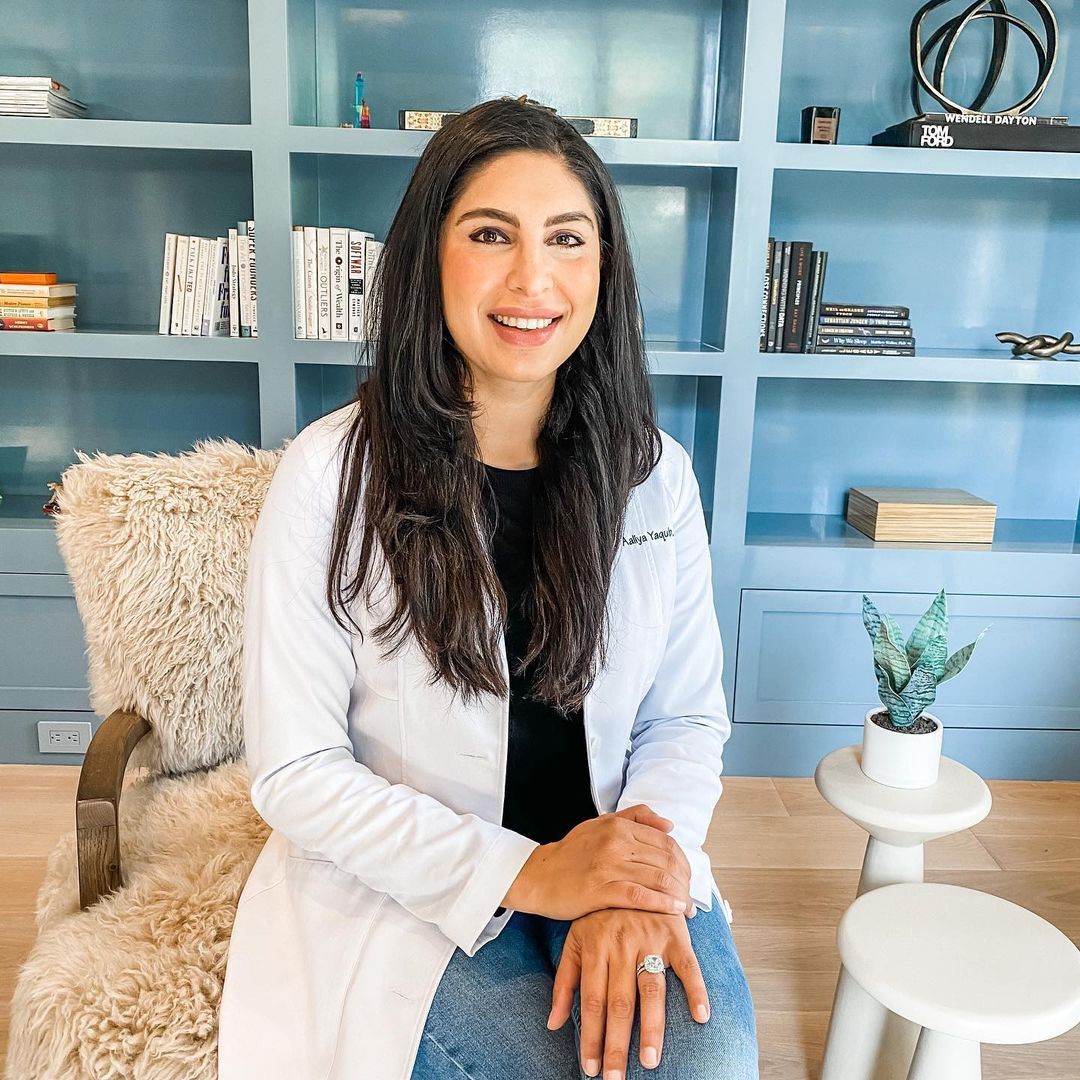We’ve all heard about burnout. And while the term has been around a while, I can’t think of a time when there was such a robust cultural conversation around how the way we live and work is taking a toll on our well-being.
Most of us intuitively know what burnout means. Some of us have experienced it while others may feel on the cusp of falling into burnout. We know that doctors, nurses, and other frontline healthcare workers have been experiencing severe burnout throughout the last 18 months of this pandemic. And when it comes to identifying burnout, it’s not just “I know it when I see it.” In 2019, the World Health Organization defined burnout as an “occupational phenomenon” that stems directly from our collective crisis of workplace stress and is defined by three key features:
1. Overwhelming exhaustion (related to long work hours, blurred work boundaries, and/or an unmanageable workload)
2. Feelings of cynicism and detachment
3. A sense of ineffectiveness and lack of accomplishment
Sound familiar? If so, you’re not alone. As a physician who has treated patients struggling with burnout — and as someone who has struggled with it myself — I’ve seen how debilitating it can be. But when we deepen our understanding of burnout, we empower ourselves to take action and build habits through Microsteps that help us live and work in more sustainable ways. Here are four insights to consider if you’re struggling with burnout:
1. You can experience burnout at a job that you love. It’s a privilege to do work you find meaningful, but this doesn’t necessarily safeguard you from burnout. In fact, a study of over 3,700 professionals by Plasticity Labs found that employees driven by purpose are significantly more stressed compared to those who aren’t. The purpose-driven employees had lower well-being, resilience, and self-efficacy scores. If you’ve ever found yourself burning the candle at both ends because you’re so driven to deliver on a meaningful or consequential project, you know what this is like. It’s a privilege to do meaningful work, but if you’re feeling overwhelmed by it all, one Microstep I suggest is simply reminding yourself why you do the work you do. If you joined your field because you want to help people, remembering that fact can help you to move through challenging moments with more resilience.
2. Burnout isn’t an individual problem. It’s an organizational problem and, unfortunately, it’s contagious. Studies on doctors and nurses demonstrate that when one person in a work environment is experiencing emotional exhaustion and burnout, more of their colleagues are likely to experience burnout, too. This is why, at Thrive, we emphasize the power of role models to spark and accelerate a culture shift. When people lead by example — for example, by taking time to recharge during the day with a short walk or a device-free lunch — they create a culture where taking care of yourself is celebrated.
3. Burnout is correlated with chronic stress. A 10-year longitudinal study of industrial workers found burnout to predict subsequent hospital admissions for cardiovascular problems. There is also a link between burnout and substance abuse, as well as a link between burnout and hospital admissions for mental health issues.
4. People who work in professions where they directly help others (i.e. physicians, nurses, teachers, non-profit employees) are at highest risk for burnout among U.S. professionals. These workers engage in more self-sacrifice and less self-care because they feel so strongly about their work. They often commit more time and energy to work at the expense of their own well-being. If this is you — or someone in your life — know that the science clearly tells us that taking care of yourself is the most essential thing you can do in order to properly care for someone else — including when it comes to caring for patients in life-or-death situations.


